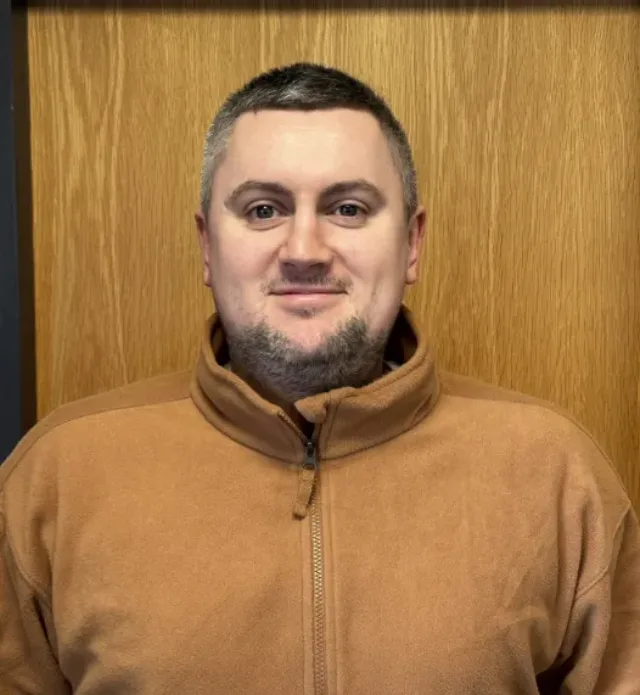
Rory McDermott
BSc in Quantity Surveying (Hons)

Rory McDermott works as a Quantity Surveyor for Kilcawley Construction in the NorthWest of Ireland – here he shares his experience of studying Quantity Surveying at our Sligo campus.
What led you to choose your course:
I grew up and went to school in Manorhamilton, when I completed my Leaving Certificate in 2012, I decided not to go to college as I was unsure what I wanted to do. I joined the Irish Defence Forces and spent a few years there before I left and began working in the Construction Industry in the UK and later Canada. I went back to college in 2018, I moved home from Canada as I got offered my chosen course in Quantity Surveying, applying through the Mature Student route. I chose this course as I had gained some experience in working in the construction industry over the previous few years, which I enjoyed. I also had some friends who were qualified QS’s, they earned a good wage, and they also really enjoyed what they done, after speaking to these same friends I decided that it would be something I wanted to do.
What about the course did you particularly enjoy?
I found all the lecturers were all very experienced and all had great industry experience that we could lean on for advice which was very helpful.
What is the best thing about the course that new applicants should know?
One thing I would like new applicants to know which is always a misconception on Quantity Surveying is that there is not a lot of maths involved; I always get asked if there is maths involved in Quantity Surveying and then people will say “I wouldn’t do it as I am no good at maths”; the only maths in the Quantity Surveying course is simple addition, subtraction, multiplication and division. You will also always have a calculator available to use, even in your exams!
Any favourite modules during your time studying?
I enjoyed the measurement and cost control modules as they were always taught to us by using real life project scenarios and are two skills you will utilise a lot as you develop your career as a Quantity Surveyor.
What key skills did you learn while studying that have influenced your career?
Report writing – doing a level 8 degree you will complete a lot of assignment reports over the 4 years which concludes with a dissertation I learned how to structure and how to present reports in a very professional way
Excel – we used Microsoft Excel a lot over the 4 years, we had very experienced tutors who were excellent when it came to teaching us the basics which we then developed these skills over our last 2 years of the course, it is a very useful tool, and I still use it every day at work.
Can you share some details of your career path to date?
I had secured employment with a Professional Quantity Surveying Firm at Christmas of my 4th year in the Course, I started that summer after my exams, which goes to show how in demand QS’s are; the whole class had gained employment before we had even sat our final year exams, I stayed with that company for 14 months working in Dublin then I left to work for a Large Main Contractor in the North West.
What does your current role involve?
My role involves sending out tenders, reviewing tenders, procuring sub-contractors, processing sub-contractor payments, managing variations, managing project costs, submitting valuations to the client etc.
What advice would you share with our current students considering a career in your field?
If they are serious about it they should go for it, it is a very in demand profession which means there is a lot of vacancies across the country for Quantity Surveyors once you obtain your degree, the degree is a RICS accredited too which means it is recognised worldwide if you want to travel you can use your degree anywhere to gain employment.
What did you like best about studying at ATU?
I liked that the class size was small which made the lecturers a lot more accessible if you had a query on any project / assignment.
What advice would you give a first-year student starting in ATU Sligo?
My only advice would be to try attend all your lectures if you can, it makes everything so much easier if you don’t miss class.
